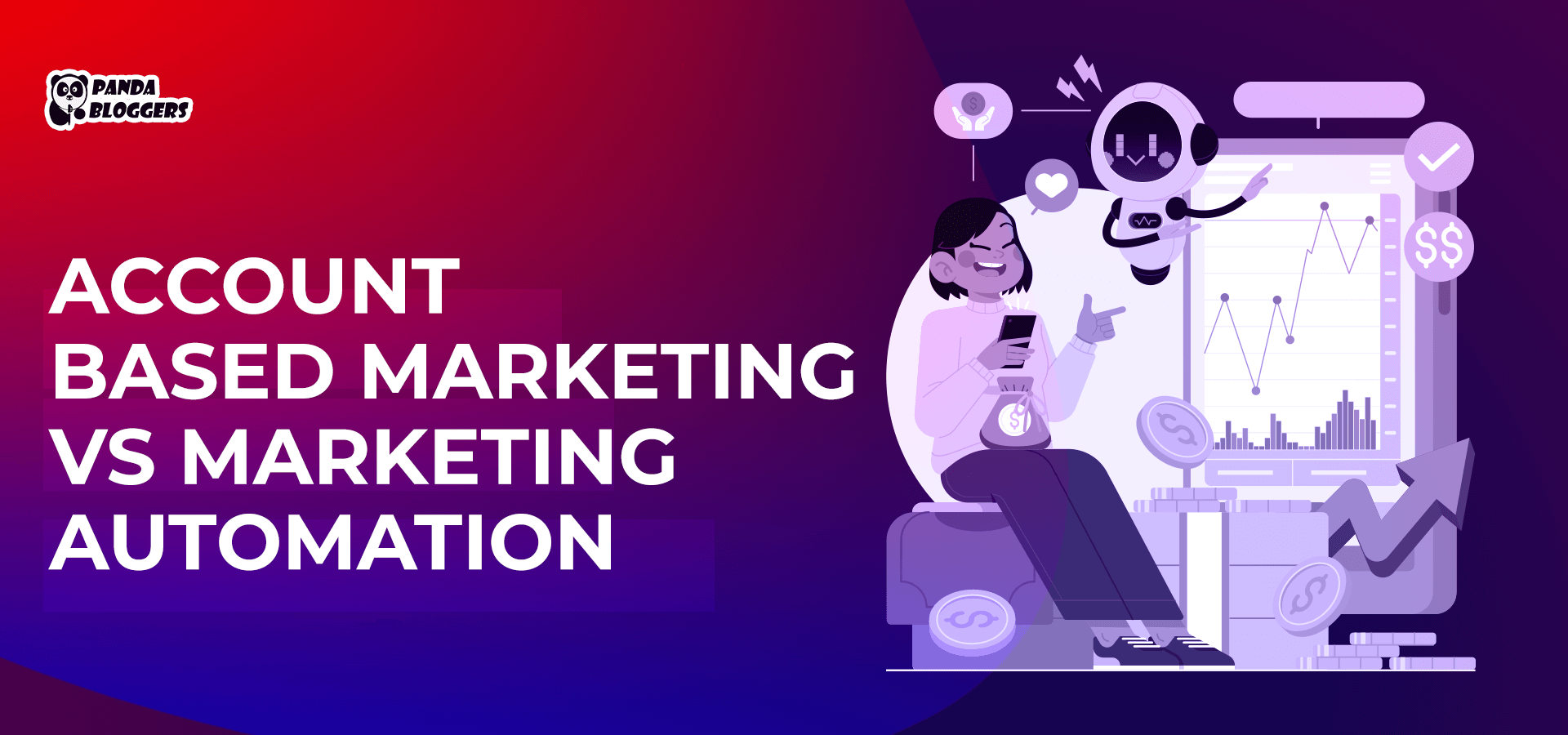 Account Based Marketing vs Marketing Automation
Account Based Marketing vs Marketing Automation
As a B2B marketing strategy, account based marketing focuses on identifying high-value customer accounts and engaging them by delivering customized content and personalized messages. Enterprises these days generate incremental revenue by running different types of account based marketing campaigns – one-to-one, one-to-few, and one-to-many.
At the same time, marketing automation refers to the utilization of special-purpose software for managing multifunctional campaigns and handling routine marketing activities. In addition to curtailing costs, marketing automation helps businesses generate, nurture, and convert leads more effectively using real-time data.
The latest statistics posted on Statista suggest a surge in enterprises implementing marketing automation platforms and tools across the world. Hence, account based marketing is a marketing strategy, while marketing automation refers to software technologies and platforms. They differ from each other in several categories, including objectives, tactics, and use cases. We can do a comparison between account based marketing vs marketing automation by discussing multiple important aspects given below.
Account Based Marketing
Account based marketing is a multistep strategic approach. The account based marketing funnel includes crucial steps like identifying high-value customer accounts, engaging them with personalized conversations, and building relationships that create new sales opportunities.
Account based marketing boosts overall marketing strategies by emphasizing marketing and sales alignment. The marketing and sales teams work together to make high-value accounts feed special and valued by delivering personalized content and messages.
Personalized communication helps enterprises develop a strong relationship with decision-makers and stakeholders. Also, they can sustain the relationship to increase revenue through up-selling and cross-selling of multiple products or services.
However, a company needs a dedicated team of content creators to make account-based marketing campaigns successful. The content creators will craft account-centric copies by targeting each high-value customer. Hence, enterprises must invest time and resources to make the most of this new-age B2B marketing strategy.
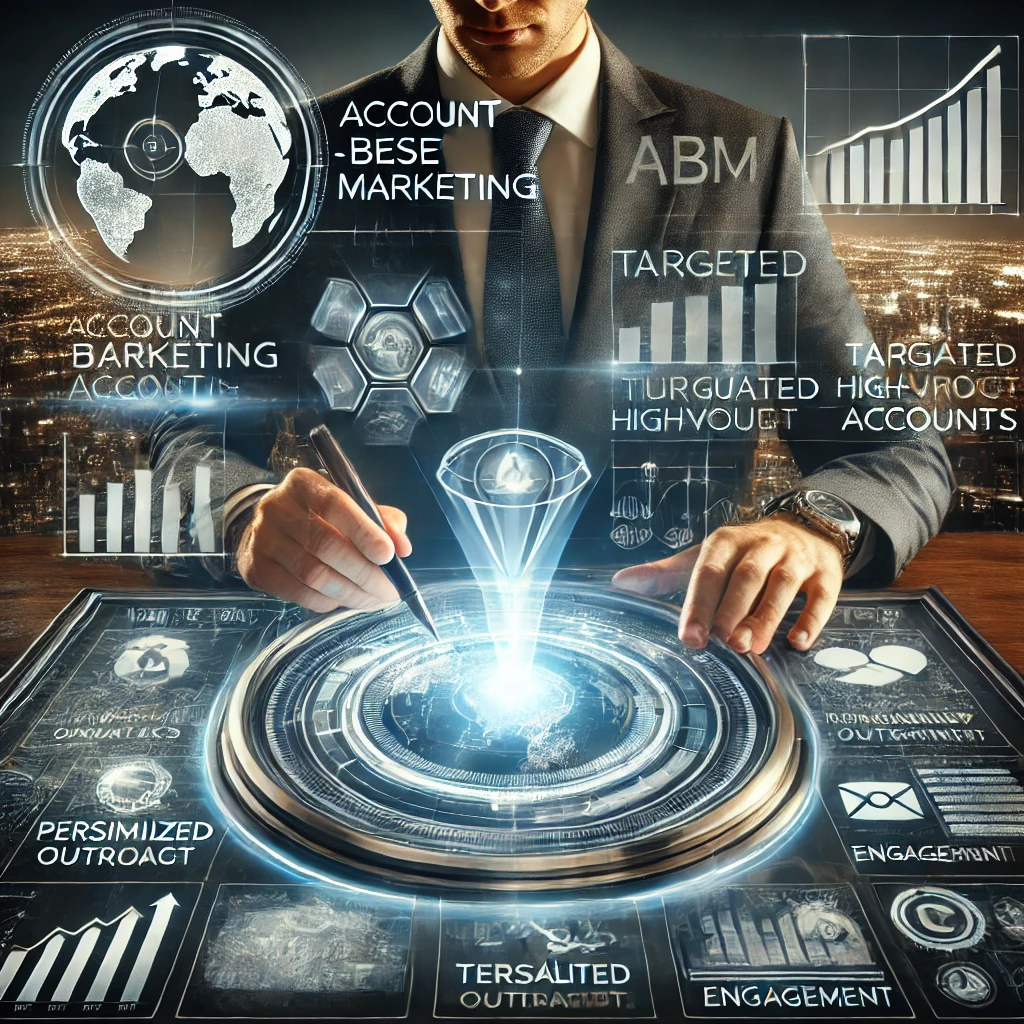
Key Characteristics of ABM:
Targeted Approach: Focuses on specific high-value accounts.
Personalization: Content and messaging are customized for each target account.
Sales and Marketing Alignment: Requires close collaboration between sales and marketing teams.
Multi-Channel Outreach: Uses multiple touchpoints, including email, social media, and direct interactions.
Longer Sales Cycle: Typically involves longer, relationship-driven sales processes.
Benefits of ABM:
Higher conversion rates due to a personalized approach.
Stronger relationships with key decision-makers.
Better ROI by focusing resources on high-value accounts.
Improved sales and marketing collaboration.
Marketing Automation
In addition to reducing costs, marketing automation tools perform various marketing tasks quickly, efficiently, and accurately. Also, they help marketers make informed decisions by simplifying customer data collection, management, and analysis. Hence, enterprises implement marketing automation strategies to automate several routine marketing tasks.
While automating marketing activities, a company has the option to choose from a wide range of software applications and solutions. Hence, an organization can implement special-purpose software tools to automate specific tasks like message delivery, social media posting, ad optimization, blog publishing, landing page development, and lead scoring.
At the same time, it can automate multiple marketing tasks simultaneously by implementing all-in-one marketing automation platform software. Hence, a company or startup can implement the strategy successfully only by investing in the right marketing automation tool. In addition, it must customize the software to meet the varying needs of marketing and sales teams.
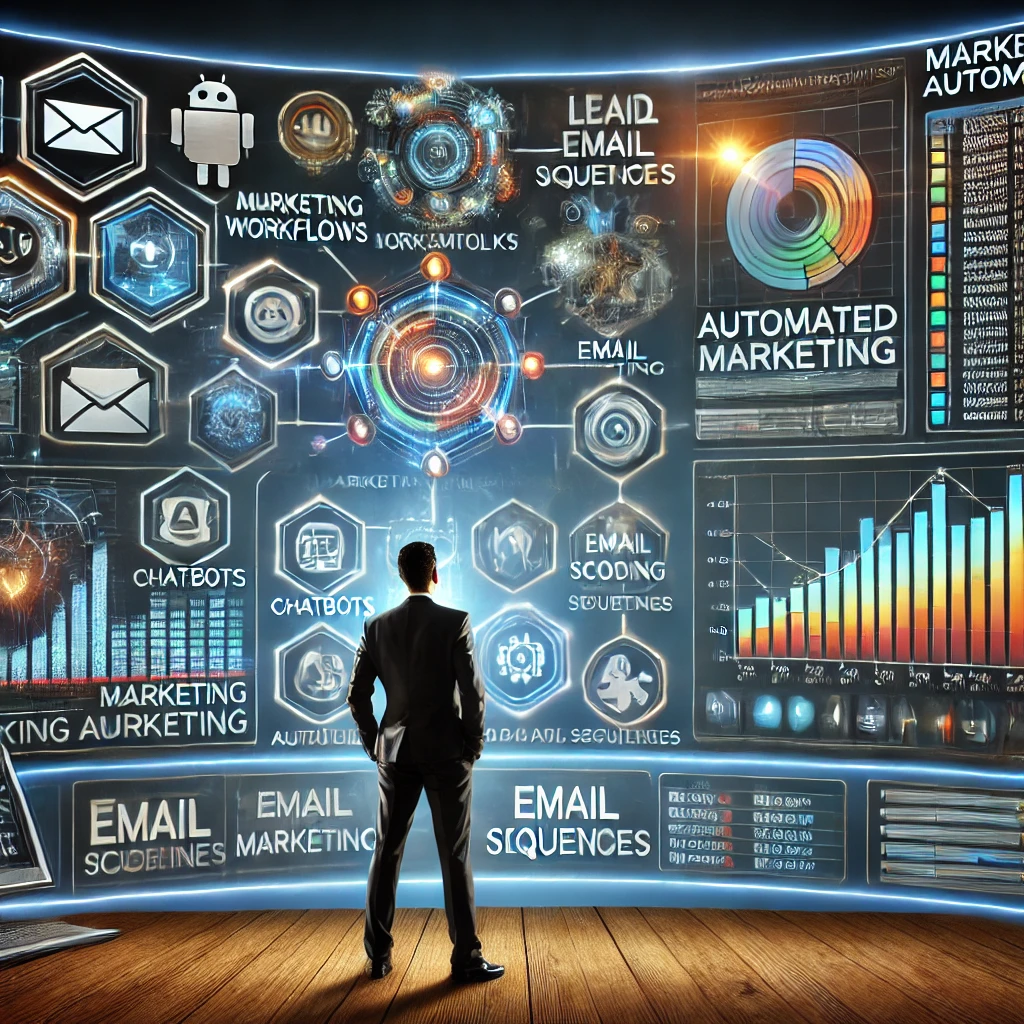
Key Characteristics of Marketing Automation:
Broad Audience: Targets a wide range of potential customers.
Automated Workflows: Uses predefined triggers to engage leads at different stages.
Lead Scoring and Nurturing: Helps identify and prioritize leads based on behavior.
Efficiency-Driven: Reduces manual efforts by automating repetitive tasks.
Data-Driven Decision Making: Provides insights through analytics and reporting.
Benefits of Marketing Automation:
Saves time and improves efficiency.
Enhances lead nurturing with automated workflows.
Provides data-driven insights for better marketing strategies.
Improves customer engagement through personalized automation.
Account Based Marketing vs Marketing Automation
Goal
Account based marketing strategy makes businesses focus on increasing revenue by identifying high-value prospects and building deeper relationships with them through personalized conversations.
On the other hand, marketing automation strategy focuses on improving operational efficiency, streamlining marketing workflow, and controlling costs by automating routine marketing activities.
Target Audience
ABM focuses on a highly specific and well-researched set of high-value accounts, typically in the B2B space. Instead of casting a wide net, marketers using ABM identify key organizations and tailor their messaging to meet the needs of individual decision-makers within those accounts. On the other hand, marketing automation is designed for a broader audience, including both B2B and B2C markets. It automates outreach and engagement for a large volume of leads, ensuring efficiency and scalability in marketing campaigns.
Approach
ABM employs a highly personalized and targeted approach, treating each account as a market of one. Marketing teams craft custom content, emails, and engagement strategies specific to each account’s unique challenges and goals. In contrast, marketing automation focuses on automation-driven outreach, using workflows and predefined triggers to nurture leads through standardized messaging and content. While ABM thrives on one-to-one personalization, marketing automation leverages one-to-many communication to drive engagement at scale.
Tactics
Account based marketing and marketing automation differ from each other in the category of funnel. Identifying high-value customer accounts, fostering deep relationships with them, and delivering personalized content are key steps in the account-based marketing process. However, automation of various routine and marketing activities is an important aspect of marketing automation.
Sales Collaboration
ABM requires a high level of collaboration between sales and marketing teams. Since the approach is highly targeted, marketing and sales must work together to identify, engage, and convert key accounts effectively. Marketing automation, in contrast, is primarily marketing-driven. While it can support sales by providing qualified leads and data insights, it does not require the same level of coordination between departments as ABM does.
Technology
Both strategies rely on technology, but their tools differ significantly. ABM utilizes intent data, predictive analytics, and personalized outreach tools to ensure engagement with high-value accounts. Platforms like Demandbase, 6sense, and Terminus help marketers identify and engage key decision-makers. Marketing automation, on the other hand, depends on automation platforms like HubSpot, Marketo, and Pardot to manage large-scale campaigns, email marketing, and lead scoring. These tools optimize efficiency and ensure consistent engagement across a broad audience.
Lead Acquisition
Marketing automation platforms help marketers generate leads by tracking organic and paid website traffic. Also, they feature lead-scoring tools that help marketers detect high-value leads and remove worthless leads.
However, an account based marketing strategy makes marketers start with a small list of high-profile B2B customers. Marketers find high-value customer accounts by sending cold emails or visiting social networks like LinkedIn.
Lead Nurturing
Marketing automation tools help marketers nurture leads in a variety of ways – sending automated emails, interacting on social media, and showing relevant ads. However, they do not facilitate personalized customer communications through face-to-face meetings.
Account based marketing strategy emphasizes nurturing and converting high-value accounts through personalized conversations. Marketers engage with high-value customers by sending emails/text messages, connecting on LinkedIn, making phone calls, or scheduling meetings.
Personalization
Account based marketing emphasizes building strong relationships with high-value accounts through personalized conversations. Enterprises can make the strategy successful only by delivering content and messages tailored for each targeted B2B account.
Marketing automation tools personalize customer communications by leveraging real-time. They analyze customer data collected from multiple sources to segment leads based on demographic information and buying intent. However, enterprises cannot use marketing automation tools to deliver personalized content and message to each customer.
Sales Collaboration
ABM requires a high level of collaboration between sales and marketing teams. Since the approach is highly targeted, marketing and sales must work together to identify, engage, and convert key accounts effectively.
Marketing automation, in contrast, is primarily marketing-driven. While it can support sales by providing qualified leads and data insights, it does not require the same level of coordination between departments as ABM does.
Sales Cycle Length
Marketing automation tools enable B2B and B2C customers to generate and nurture more leads. An enterprise can use these software solutions to increase revenue by increasing the volume of low-volume sales. Hence, marketing automation tools help companies shorten sales cycles.
However, account based marketing emphasizes detection and nurturing of high-value customers. Marketing and sales teams need about 6 months to one year to close B2B sales deals. However, the longer sales cycles help them increase the ROI due to the high conversion rates.
Implementation Challenges
Enterprises have to overcome several challenges to switch from conventional B2B marketing to account-based marketing. For instance, they have to use reliable data to identify high-value customer accounts. Likewise, they must ensure seamless marketing and sales alignment to increase the ROI consistently.
Enterprises can automate routine marketing tasks by implementing a slew of marketing automation tools. Hence, they find it challenging to choose and automate the right marketing automation solutions, Also, they can boost operational efficiency and leverage cutting-edge technologies only by investing in premium marketing automation platforms.
Use Cases
Marketing automation tools help enterprises curtail human resource costs. However, an enterprise has to invest in multiple tools to execute and manage multifunctional marketing campaigns automatically. Also, they need automation specialists to choose and implement the right marketing automation tools.
The investment in the right marketing automation tools helps enterprises increase ROI by optimizing marketing activities using intelligence technologies and real-time data. On the other hand, an enterprise can start account-based marketing without incurring high upfront costs.
However, it must hire content creators to create personalized outreach content for individual customers. Likewise, the marketing and sales team needs automation tools to evaluate B2B customer profiles and run highly personalized marketing campaigns.
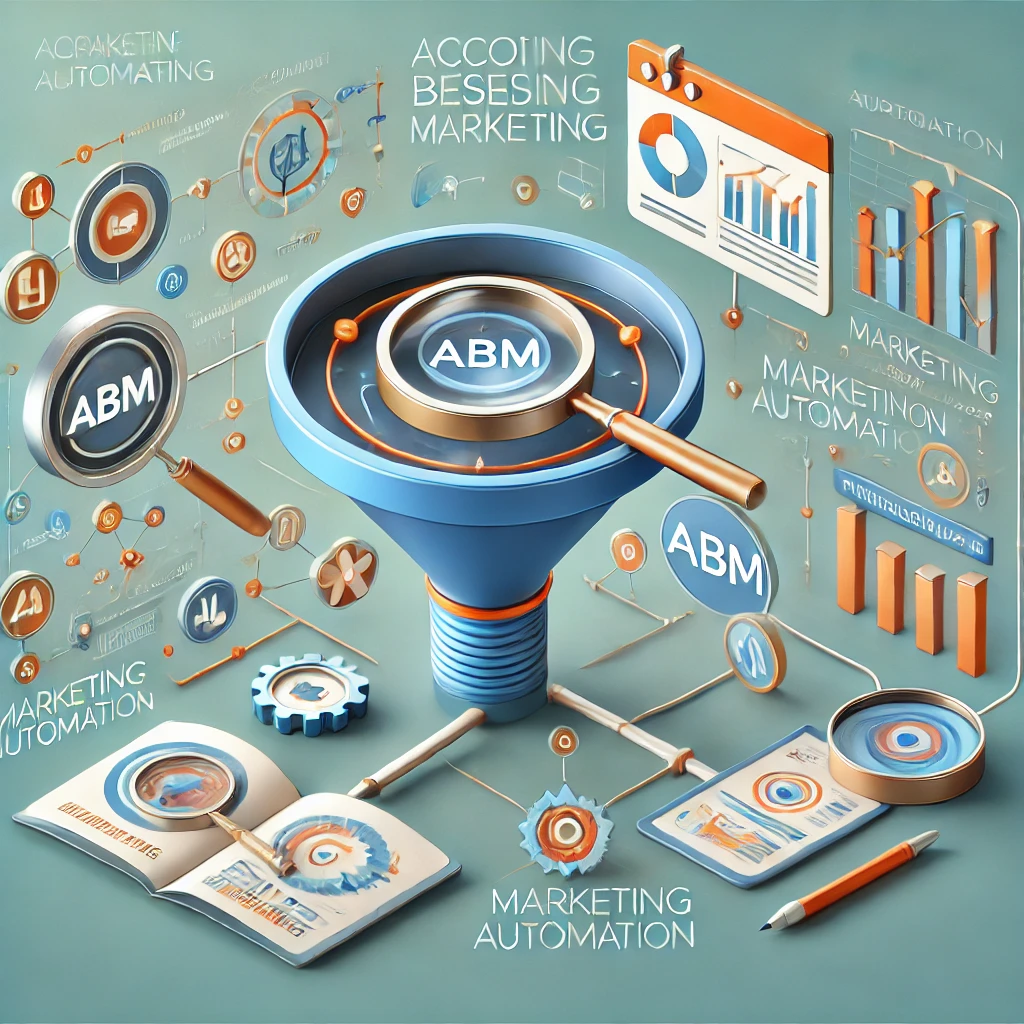
How ABM and Marketing Automation Work Together
Rather than choosing between ABM and marketing automation, businesses can integrate both strategies for better results. Here’s how they can complement each other:
- Lead Qualification with Marketing Automation: Use automation to capture, score, and nurture leads before identifying high-value accounts for ABM.
- Personalized Engagement in ABM: Once key accounts are identified, ABM can take over with highly targeted and personalized messaging.
- Automated Follow-Ups: Marketing automation tools can be used to streamline follow-ups and reinforce ABM campaigns.
- Data-Driven Insights: Automation provides analytics and insights that help refine ABM strategies.
- Scalability & Efficiency: While ABM focuses on high-value accounts, automation ensures a steady flow of leads and nurtures prospects at scale.
Conclusion
Both account-based marketing and marketing automation are the hottest trends in B2B marketing. While account-based marketing vs. marketing automation, we must remember both customer-centric marketing approaches focus on running personalized marketing campaigns and making data-driven decisions.
Also, many enterprises these days get higher ROI by automating account-based marketing strategies. They implement marketing automation tools that detect high-value customer accounts based on their demographic information and buying behaviors.
Additionally, marketing automation platforms help marketers engage high-value accounts by personalizing their buying journey. That is why; enterprises integrate account-based marketing and marketing automation strategies to leverage the combined benefits of two strategic approaches.
Frequently Asked Questions





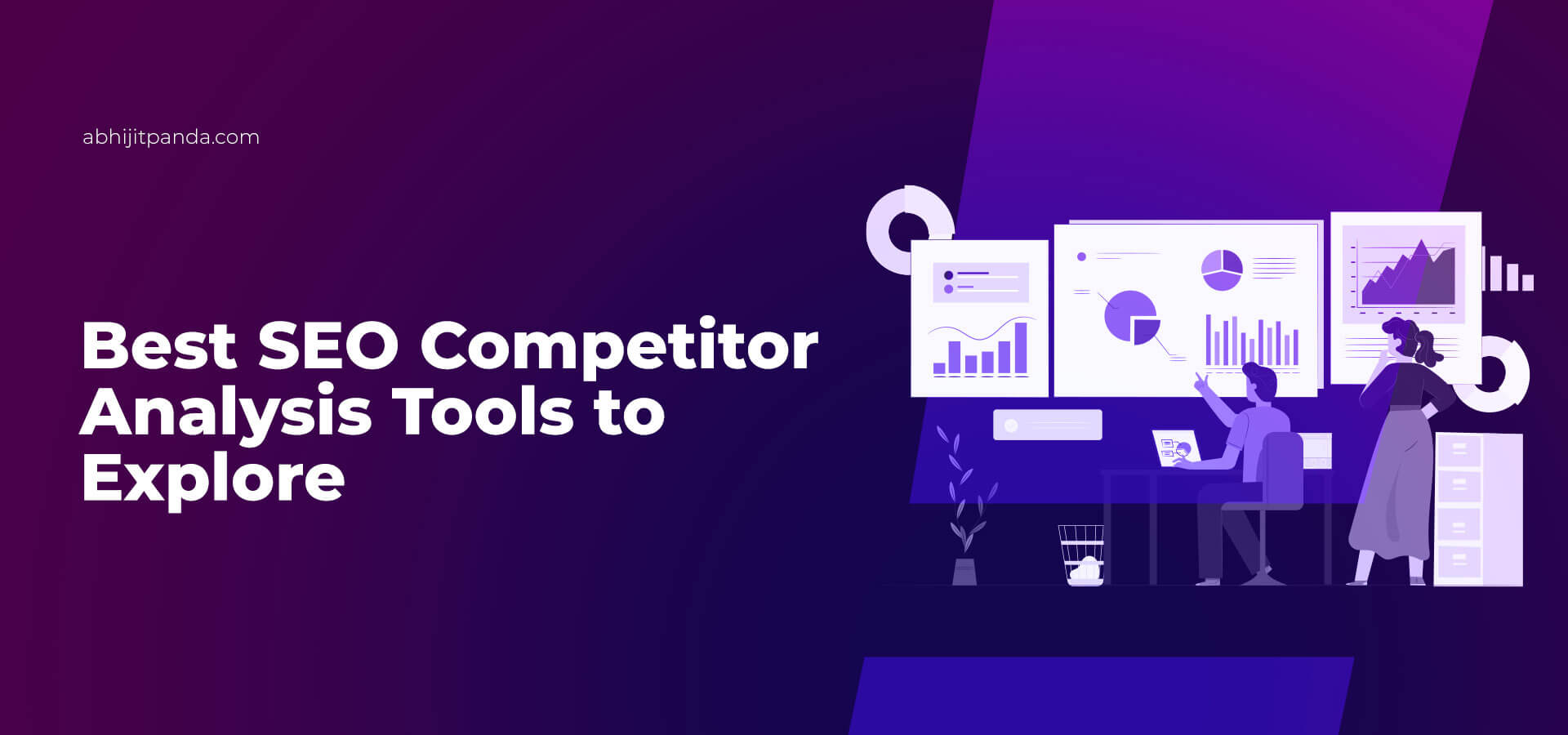
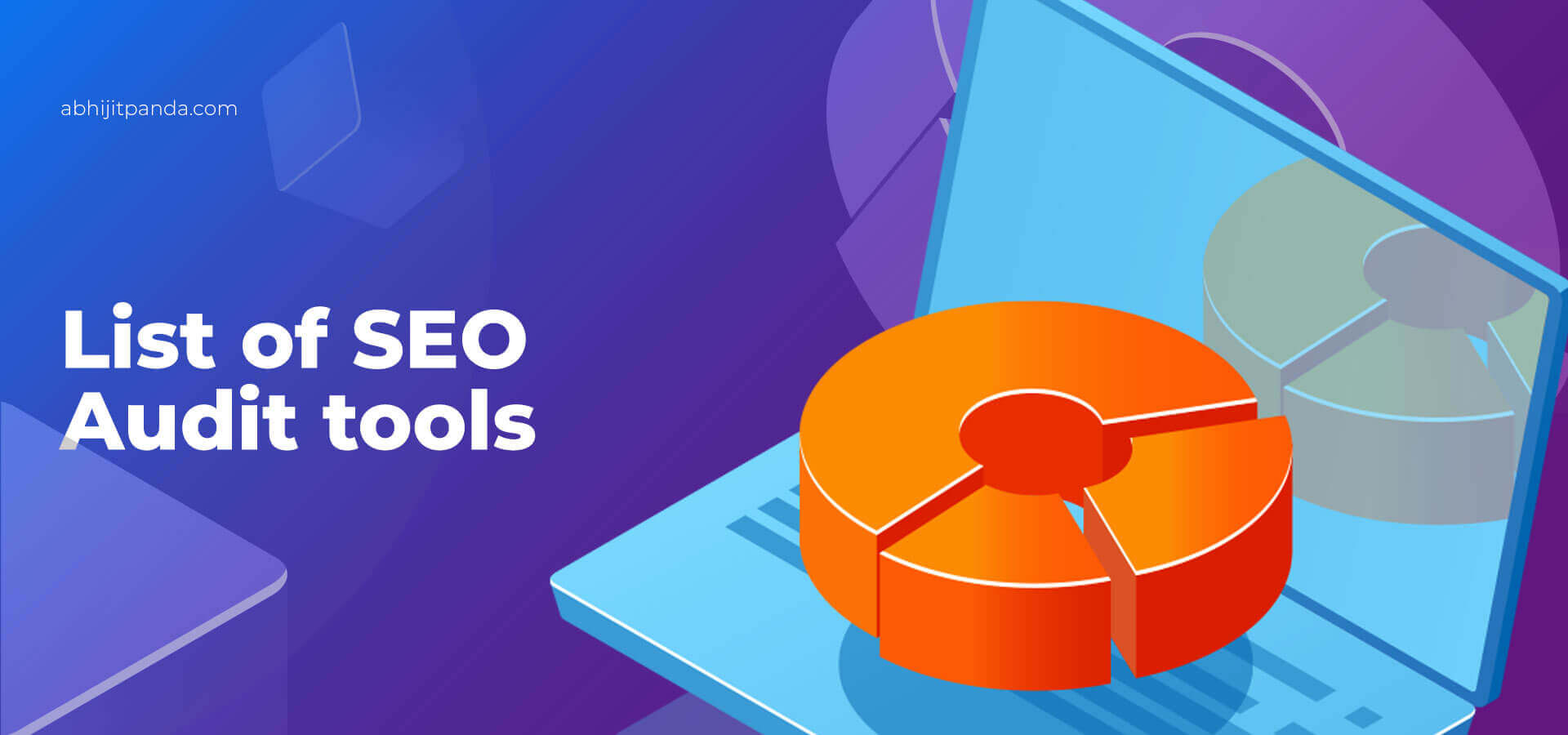
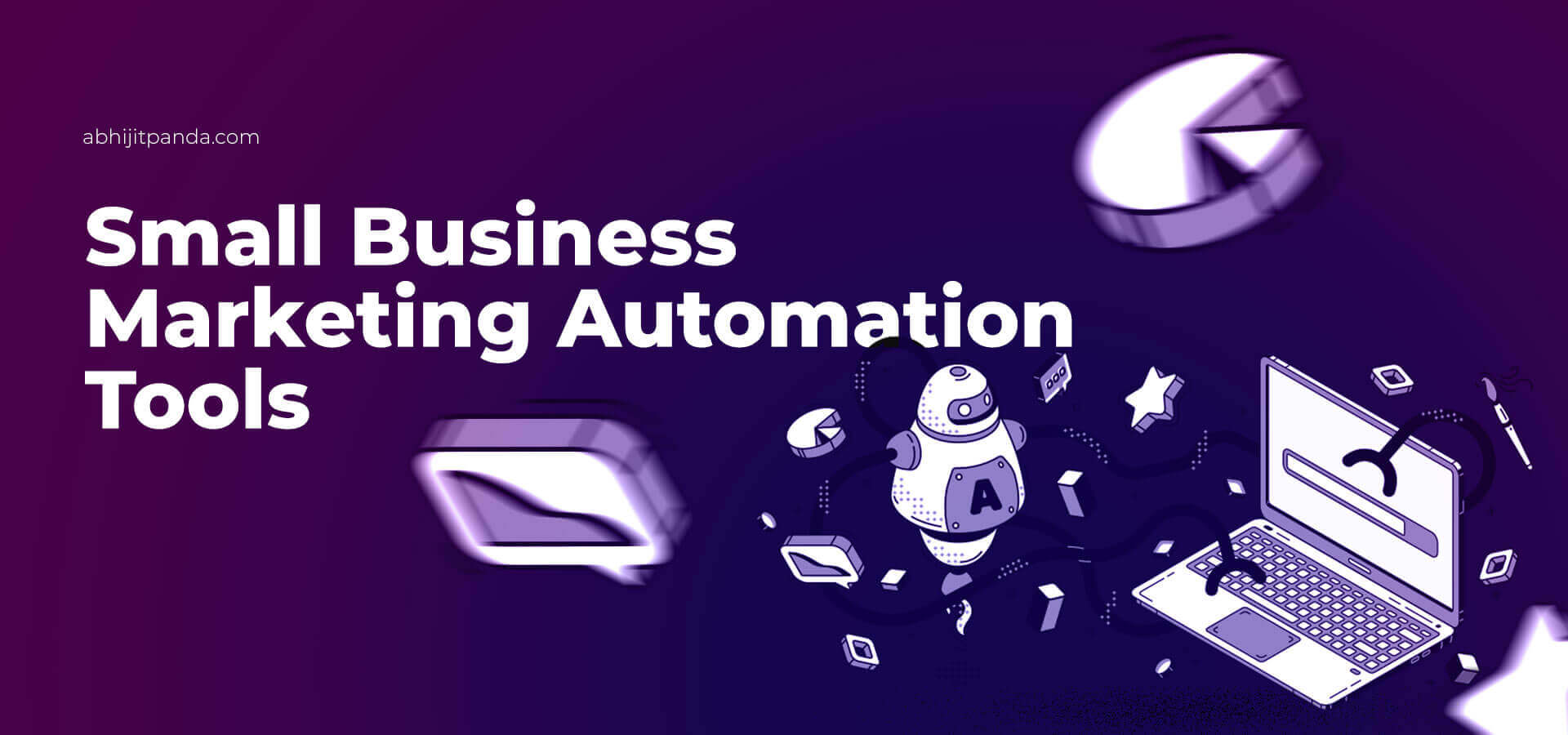
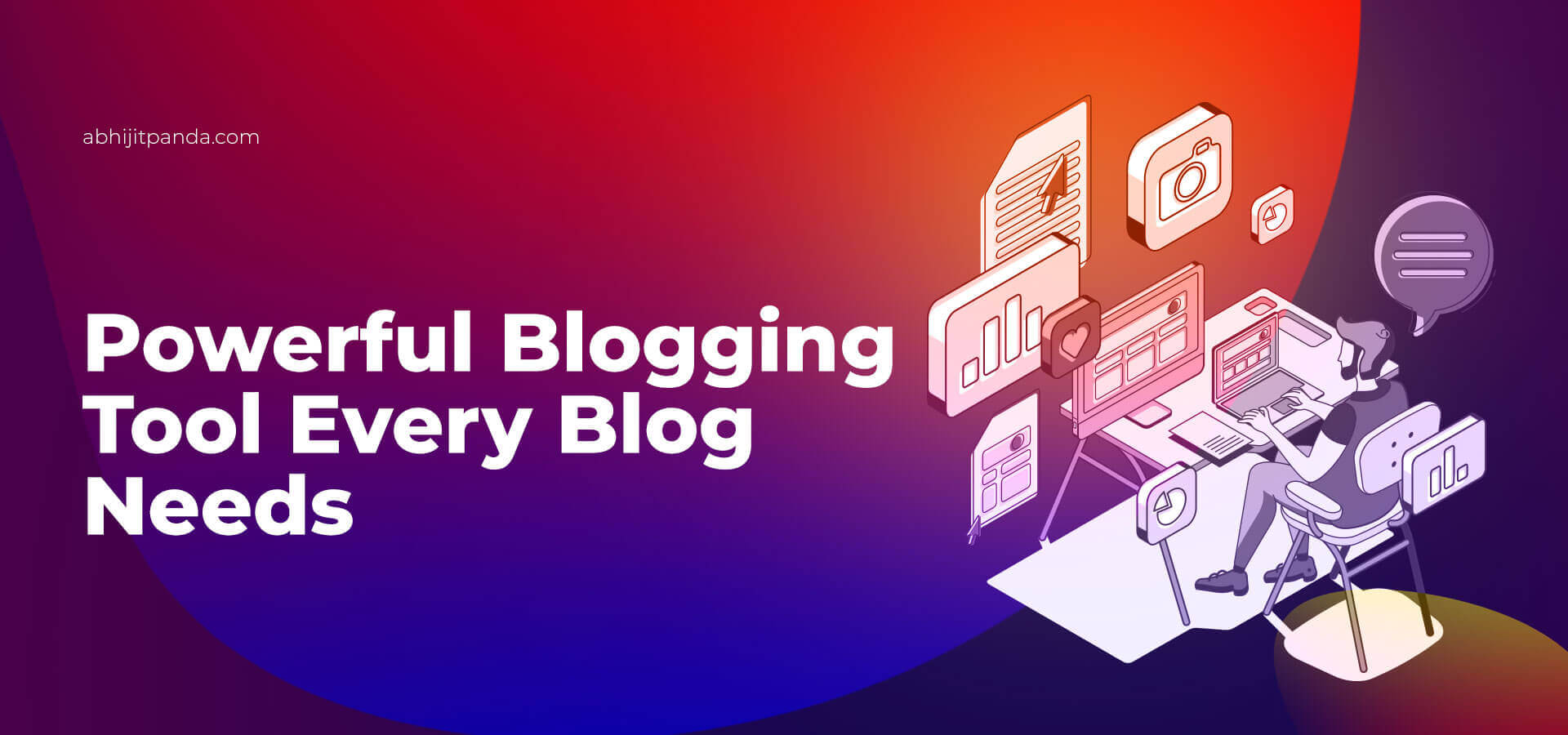
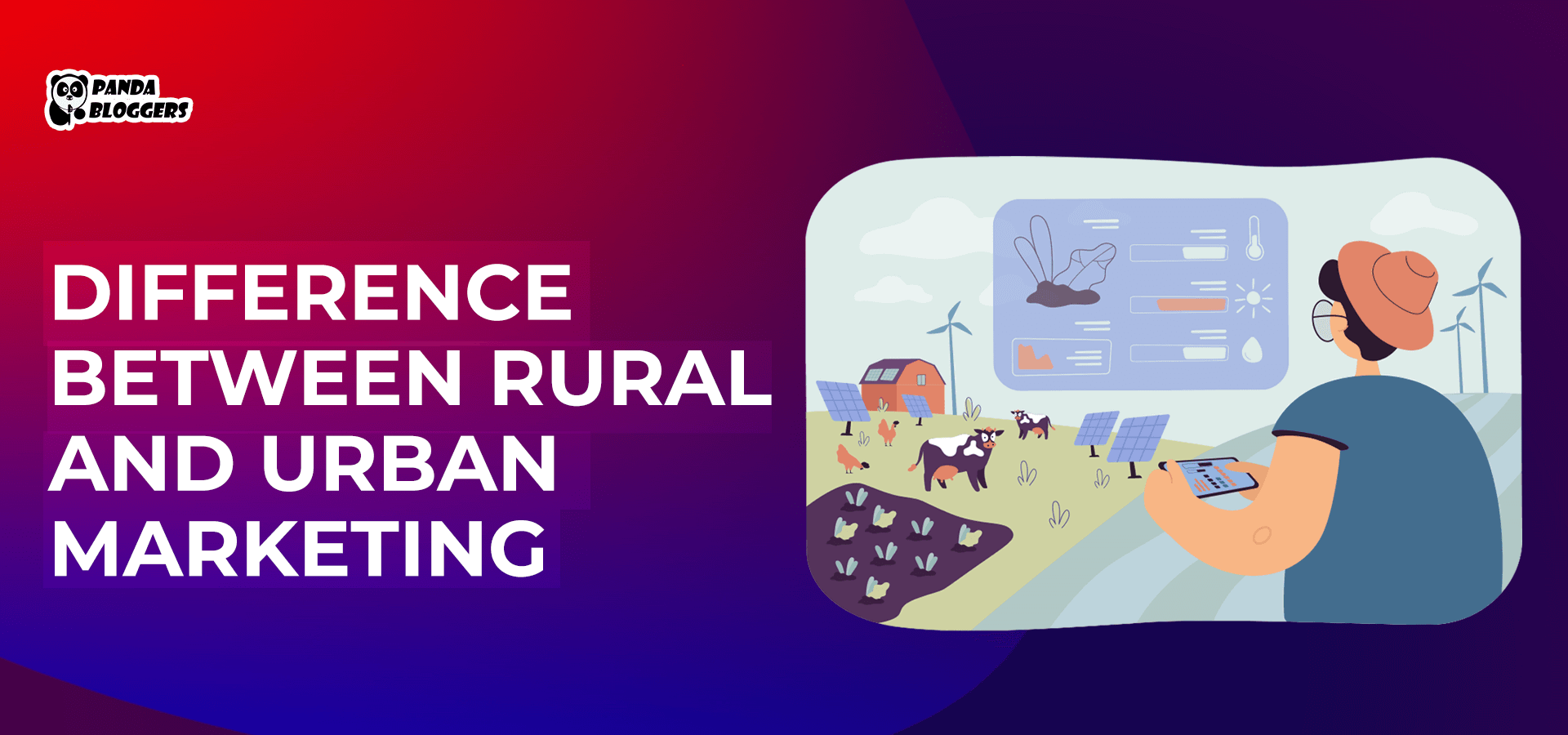

Leave a Reply